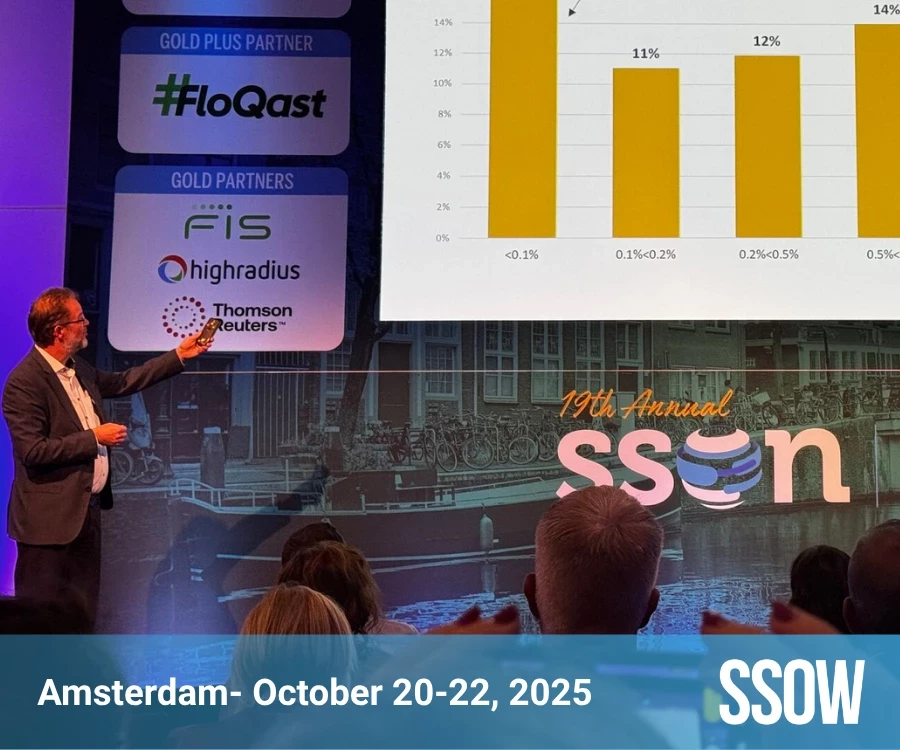75% of Philippines Shared Services Plan for Expansion
Add bookmark
A clear trend among Philippines-based centers is to expand the scope of services over the next 12 months. A majority of 2020 survey respondents reported that their scale-up plans remain focussed on the Asian territories, with most keeping their efforts on-shore (50%), and others looking to scale up services in India (23%) or Malaysia (15%).
The growth in services is being driven by technology, knowledge, and value-adding competencies that have not historically been part of traditional Shared Services. Almost 75% of Filipino SSCs plan to expand their scope. Of these, 40% will be expanding geographically, 35% will add new service offerings, and 25% intend on doing both. For those expanding geographically, availability of skills and expertise tops the list of key criteria for evaluating potential locations, with 93% of respondents reporting this to be their top concern. This is followed by labor costs.
Continuing in the tone of expansion, Global Business Services is consistently the preferred target operating model for Shared Services leaders around the world, with a large segment already committed to the model, and another planning to move to GBS within the next five years. GBS is generally characterized by a common leadership, process ownership, and practices delivered through multiple GBS centers across the world.
In the Philippines, 57% of GBS organisations are already making the move towards ‘digitalized’ GBS, while 29% are mature and are scaling their value-adding services. The vast majority of those already operating or planning a GBS intend to leverage automation for efficiency (70%), support the wider enterprise digital change agenda (48%) or expand their scope by incorporating new functions or services (44%). Of those who have not yet implemented GBS, an overwhelming 85% plan to do so within the next 3-5 years.
A majority of SSCs are targeting productivity improvements of between 8-15%, and the most reported means of achieving this will be through improving end-to-end process management (67%), Intelligent Automation (63%) and Continuous Improvement (59%). This trend is also seen consistently across both Europe and North America.

































